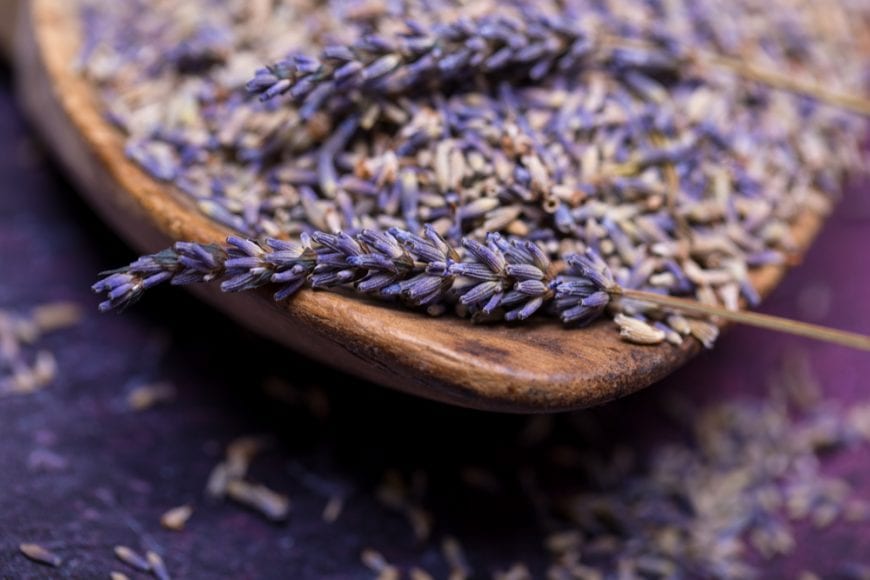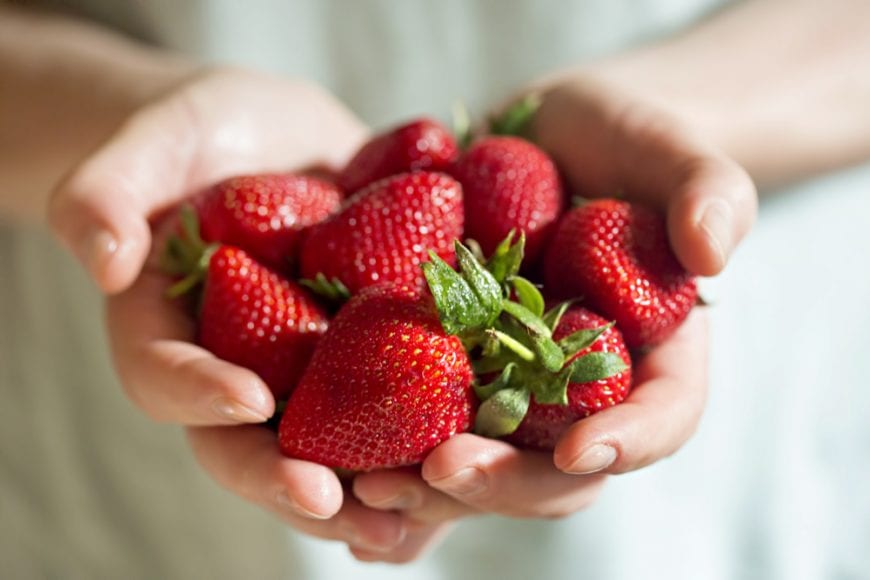Terps (terpenes) are trending in cannabis medicine right now, as much for their medicinal benefit as their ability to enhance psychoactive effects.
Terpenes are powerful little chemical compounds that determine the taste, smell, and flavor of cannabis. These molecules are medicine in their own right, often tipping the scales on appropriate strain selection. This is because much of a strain’s therapeutic benefit arises from interaction between cannabinoids and terpenes. Linalool, for example, is very effective in treating anxiety. If you are looking for a good medicinal strain to treat your anxiety, the first thing you should ask your bud tender is for strains high in Linalool THEN from that selection, find the one with the highest CBD, and THEN from that, choose indica (Fact: the difference between indica and sativa is the terpene content). There is a hierarchy of importance for Entourage Effect and terpenes are at the top. But, are all terps created equal?

Terpenes From Cannabis
Terpenes amplify the activity of cannabinoids, such as THC, by interacting with CB1 and CB2 receptors. Interestingly, beta-caryophyllene is the only terpene found (at this point) to interact with the CB2 receptor. Due to the medicinal prowess of terps, producers are adding these back into cannabis extracts because the heating and distillation process of producing various types of medicine results in the loss of native terpenes.
Terpenes determine cannabis’ rich and unique flavor and scent profiles. When you smell lavender, or lemon, or piney freshness in your cannabis, this is because of a terpene. These are an integral part of the visceral experience of cannabis as much as they are medicine.
Cannabis producers use a variety of methods, such as steam distillation, to create an aromatic terpene oils. Terps are then used to enhance the medicinal benefit of dry bud, concentrate, or oil. Have you ever heard of Terp Champagne? It’s terps added to sparkling water for overall health. Theoretically, you can add terps to anything.
Terpenes and The Entourage Effect
One benefit of using cannabis-based terpenes is that a terp extracted from a cannabis plant will provide a more natural entourage effect and this will boost the medicinal benefit. There is not enough research to determine if terpenes from other plant sources are as fully integrated as native terpenes.
Fun Fact: Terpenes are the reason why THC percentage can be irrelevant. You could have a strain that’s 14% THC versus 20% THC, but the former could be more potent depending on terpene population.
The rub is that these terpenes are difficult and expensive to extract from the cannabis plant. So, some producers are extracting terpenes from other plant sources and re-introducing them into the final cannabis product.
Natural Terpenes From Other Plants
Terpenes come from the essential oil of a plant. A producer can extract them using a heat-distillation process. The truth is that getting limonene from a lemon is far more efficient than extracting it from a Durban Poison or Super Lemon Haze, for example. Therefore, many producers reintroduce terpenes to cannabis after the extraction process.
Do Isolated Terpenes Have The Entourage Effect?
Some argue that isolated terpenes from other plant sources do NOT have the entourage effect and do not even come close to providing the medicinal benefit of cannabis terpenes. Others reassure us that mother nature creates all terpenes equally.
Ben Cassiday tells Big Bud Mag, “A chemical compound is identical, regardless of source. What differentiates between cannabis and non-cannabis-derived compounds is the other chemicals found along with the cannabinoid or terpene of interest. These often-trace compounds are equal of value. The issue lies in identifying them, as they are hard to detect and found in limited quantities, a phenomenon we have named ‘low volume, high impact.’ These other chemicals are synergistic and a part of the pharmacological matrix.”
Ok, but can you get an artificial terp to do the same thing as a natural one?

Synthetic Terpenes
Experts say that, yes, synthetic terpenes behave in the same manner as natural. Extractors create synthetic terps in lab to recreate a natural occurring property, such as anxiety reduction. There is a big price point difference that makes synthetic terps an attractive option. In our opinion, it’s best not to use synthetic. It’s like cooking a recipe with a real banana versus banana flavoring. Which banana loaf do you want to put in your body?
There are a variety of ways to use natural terpenes. For example, you may want to add a sprinkle of limonene to your morning medicine to give an extra energy boost, or conversely, linalool to dial things down for the night. If you only have access to a single strain, you can use terps to modify or enhance medicinal effects.
Cannabis consumers can easily harness the magic of terpenes to change whatever strain is on hand. Producers are recognizing this drive toward personalized medicine and there is definitely a push to create and market terpenes. Have you tried adding terpenes to your cannabis?






